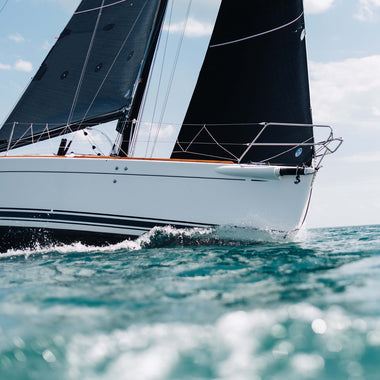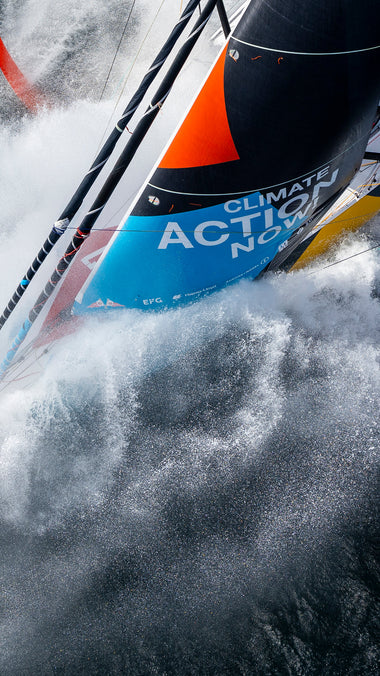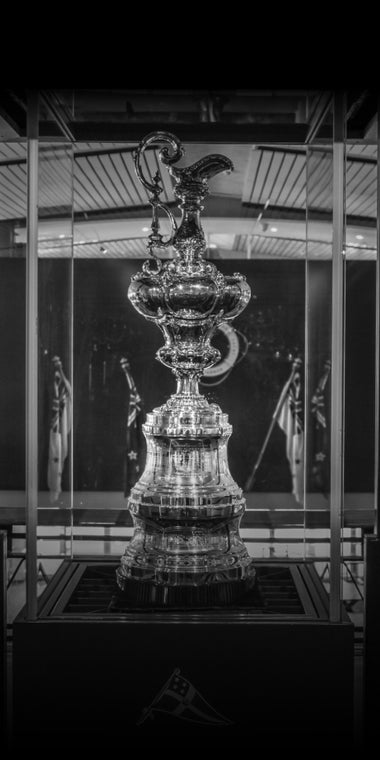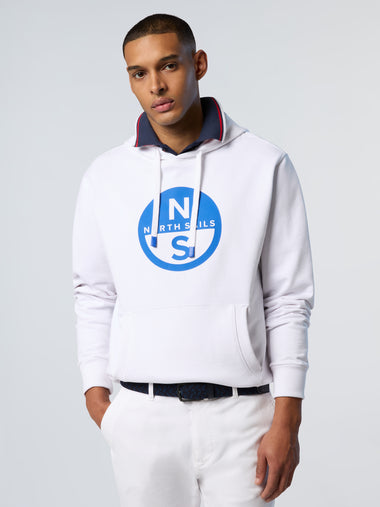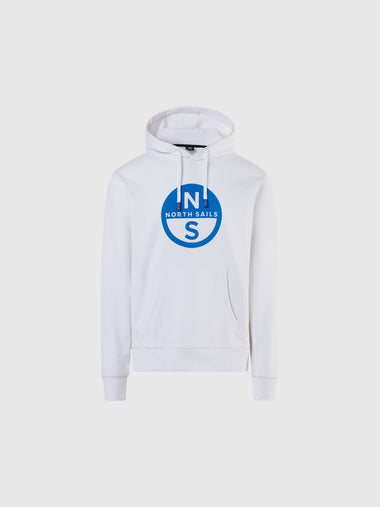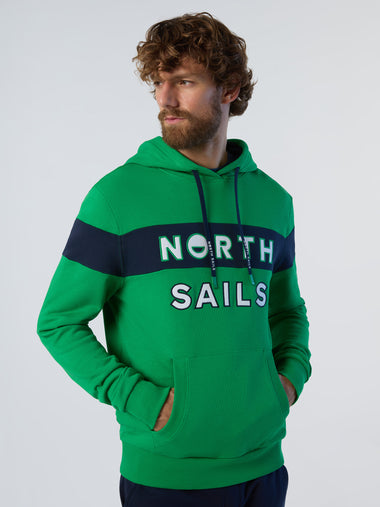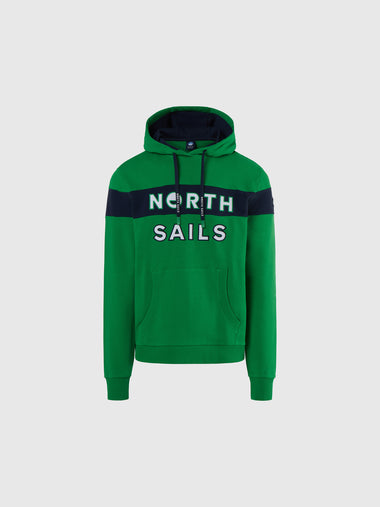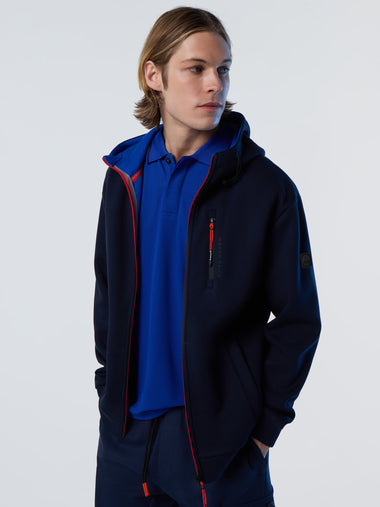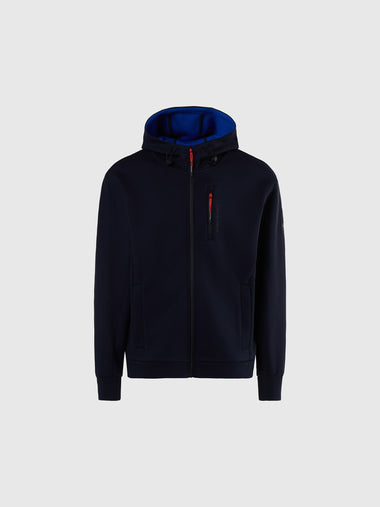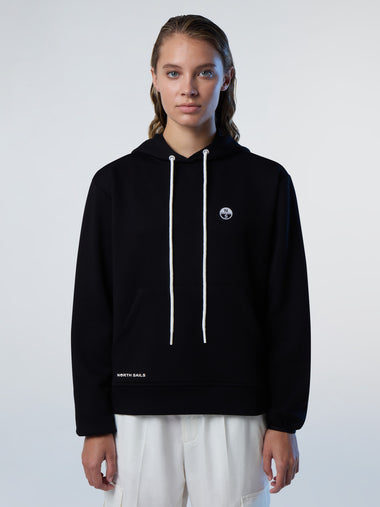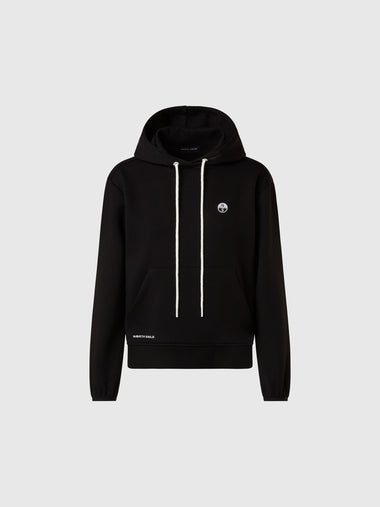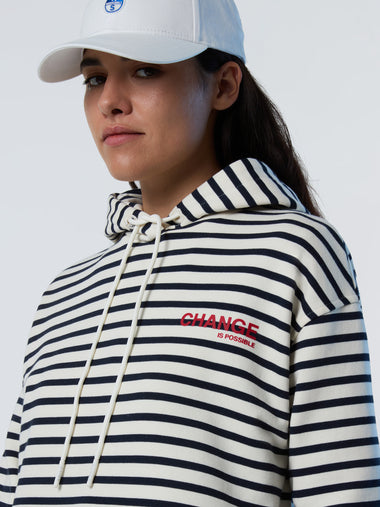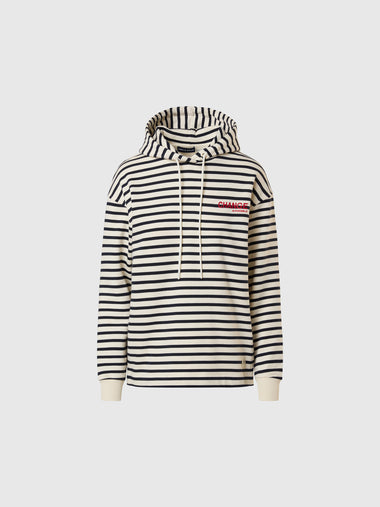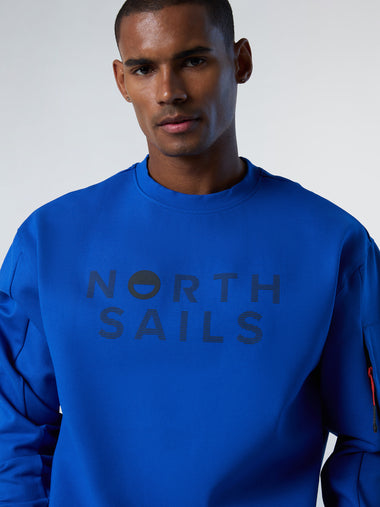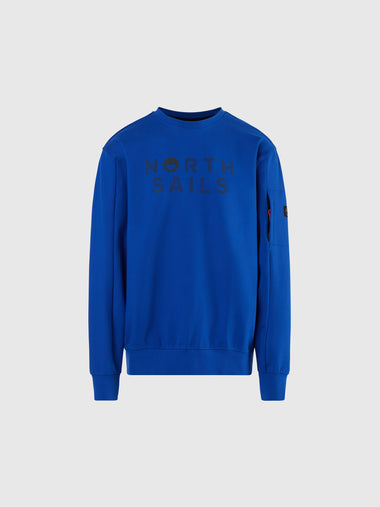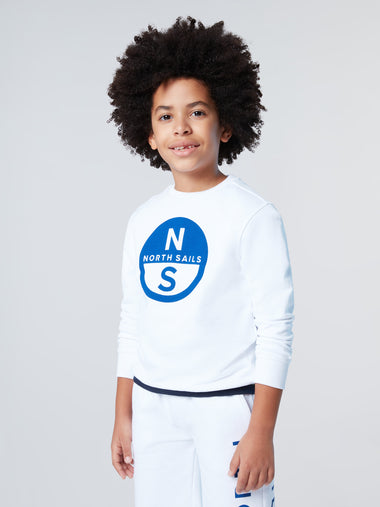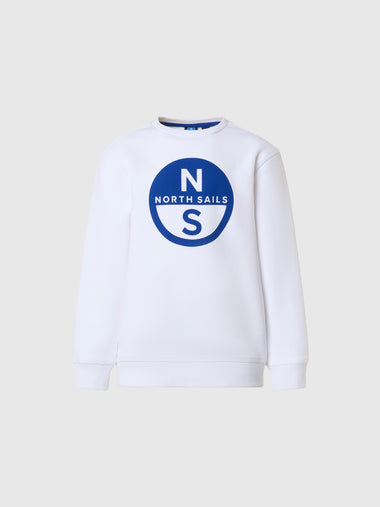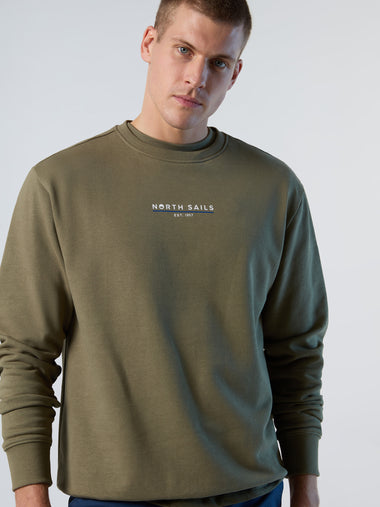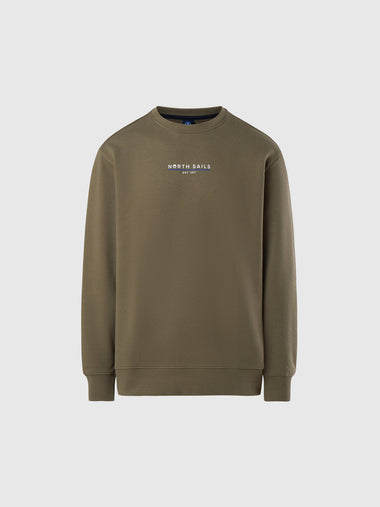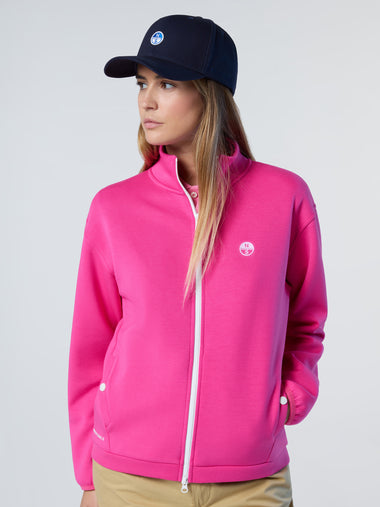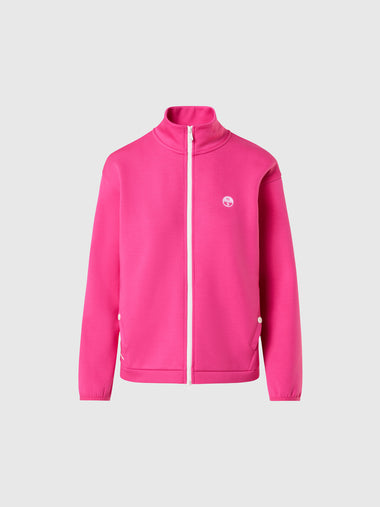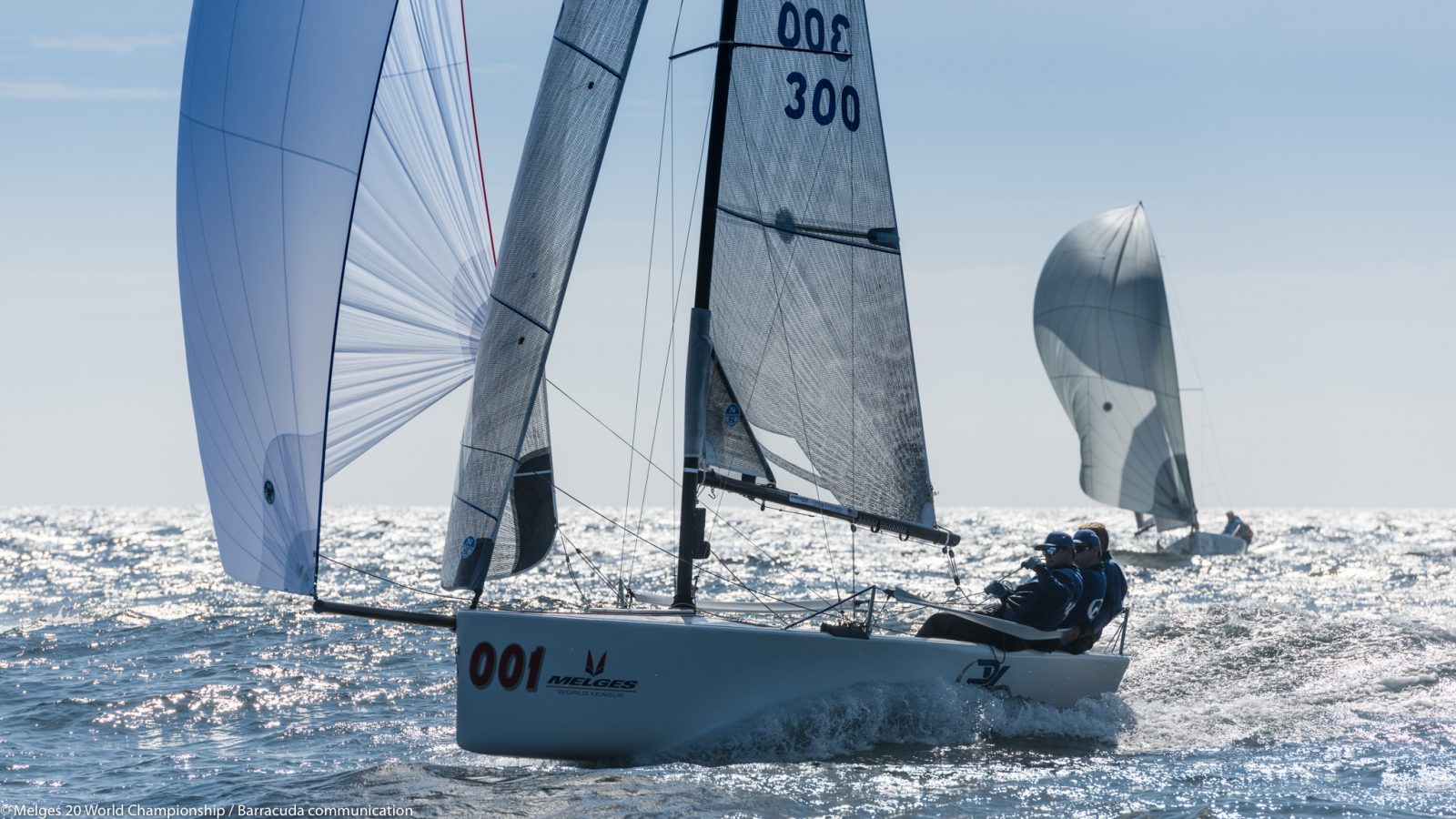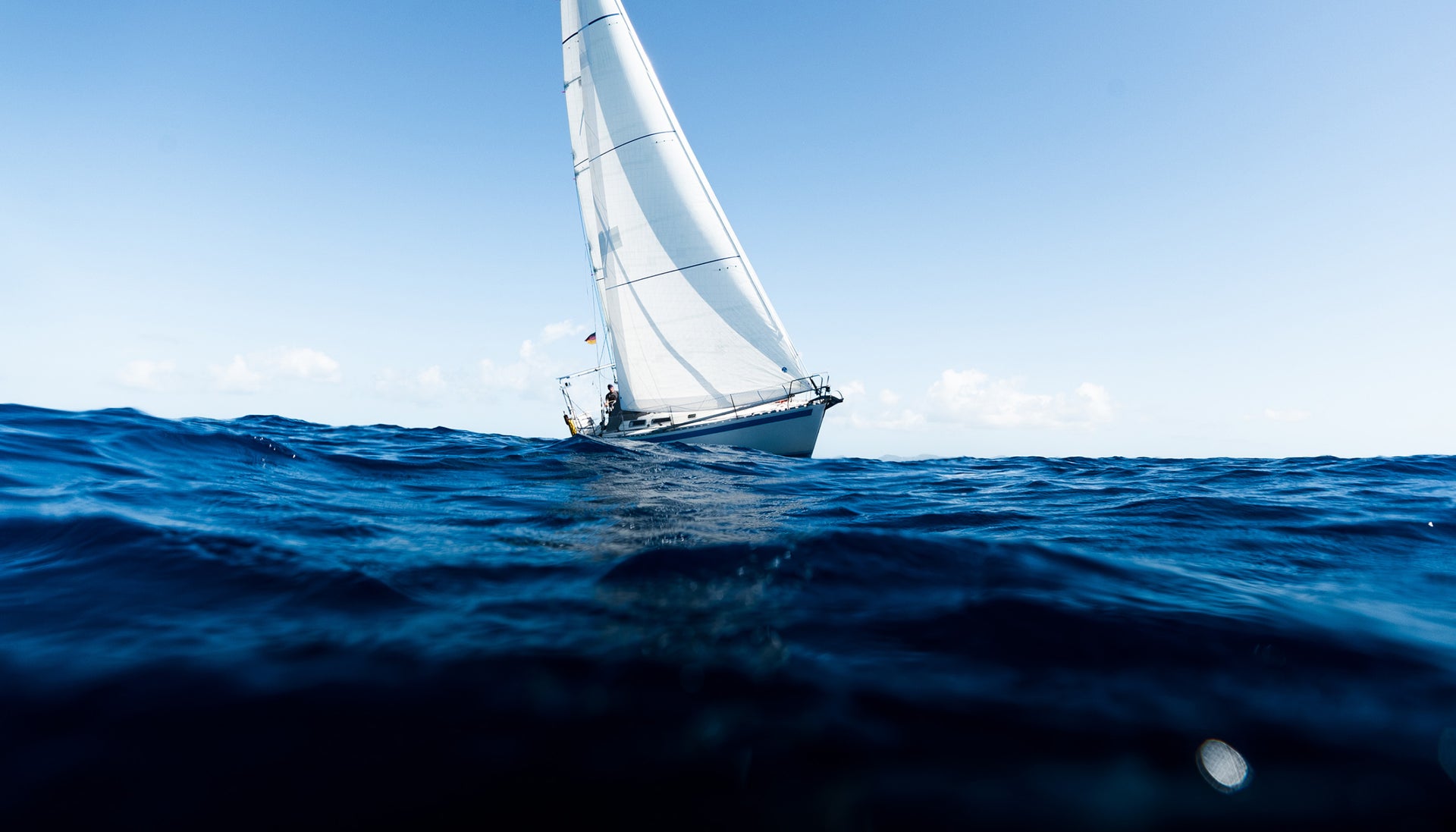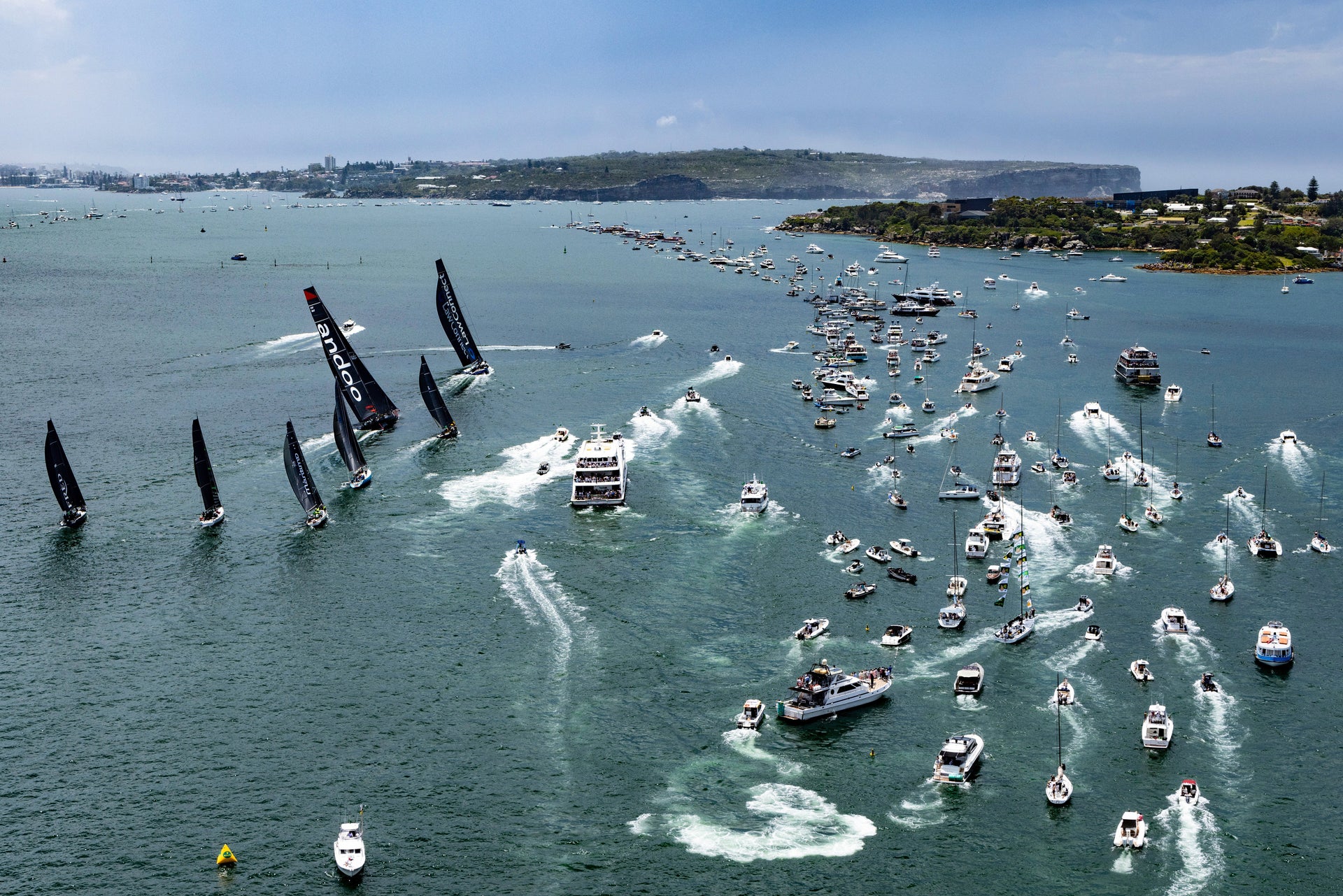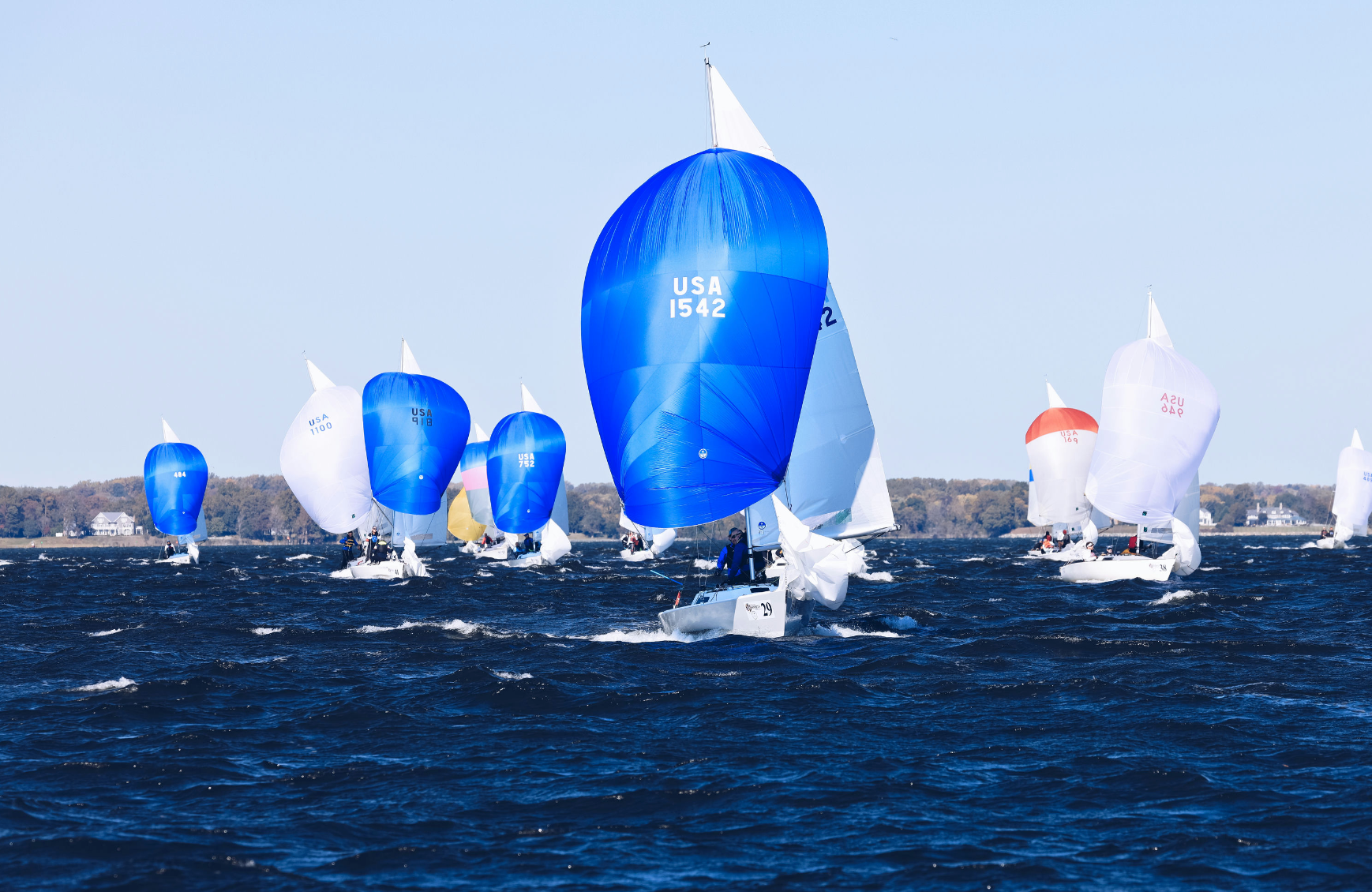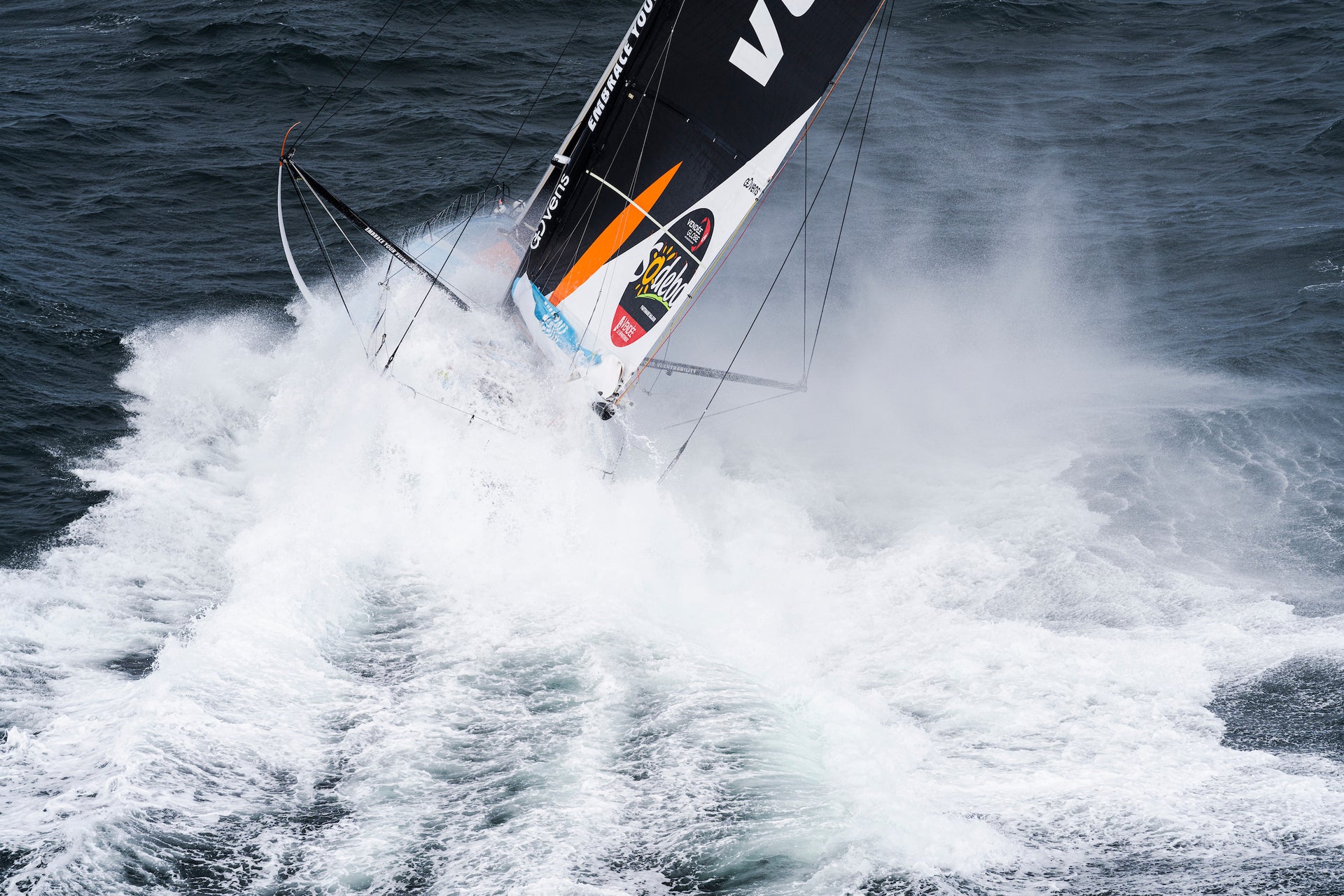INTERVIEW WITH 2017 MELGES 20 WORLD CHAMPION
Melges 20 Worlds Interview
Client Drew Freides shares his team’s success story in the Melges 20

We caught up with client Drew Freides, this year’s Melges 20 World Champion. Here is what he had to say about his team and what they’ve been doing to prepare for the Worlds event this past September in Newport, RI.
NS- You’ve been a long-time crew sailing on many different boats mostly larger Grand Prix style, how was the transition to taking the helm, but also sailing a 20 Footer?
Having been a yacht designer and member of many big teams the one take away I’ve learned is to assemble the best team possible. Then I can allow everyone to work and take over their areas. I did college sailing at MIT, sailed 470’s I always loved sailing dinghies. Big boats are fun, and it was part of my job as a yacht designer, but I couldn’t afford a program like a Farr 40. Five years ago, I was sailing the Vineyard Race with Chad Corning and I asked him what kind of boat I should be looking at, he said I should get a Melges 20.
“I looked at the 20 and thought it was a great class that combined dynamics of a team but also the incredibly fun sailing on a skiff style boat. The 20’s are awesome! They are fast downwind and so responsive.”
NS- After finishing 2nd last year at the Worlds (with the same team), what did you and your team identify as things to work on for this year?
“We were gutted last year! Finishing 5th would have been palatable, finishing 2nd after leading going into the last race was just tough to take. After the event we crossed the finish line with our heads down. Our coach turned to us and said, “Coming into this event if I had said you would finish second in the world would you be satisfied?” We all responded “Yes.”
We put our heads together and asked how do we get one notch better? We took the next 12 months to do every single event that we could in the US so we could get better in every aspect of our sailing. Get a little fast and look for every opportunity to find speed in the whole program where others haven’t looked before. There are boats like Samba Pa Ti who are still faster than us in high winds, but we feel like we are good in all conditions. We always feel fast and consistent, and that is what keeps us in the hunt. We were talking to Ed Adams during the event and he said that we might be the only boat who doesn’t want one condition but all of the conditions because it would give us the ability to shine through the range.
NS- I think what showed that was the early part of the regatta when it was windy and then one of the light air days you were over early and came back to a top 10 race.
“That was the best race we have sailed as a team, EVER. We came off the line and everyone was in hyper focus. It’s the Worlds. We wouldn’t allow this to be our demise.”
Morgan to his credit picked out every puff and shift and we worked our way through the fleet picking up one boat at a time. One thing we learned last year in Italy was we were really slow in light air. We asked to tune with a boat named Raya, who weren’t the fastest in a breeze, but in light air they were rockets. We went out and looked at their set up and our coach said we should try their set up, and after we did we were rocket fast. Going into things like set up with an open mind is one of the things I felt we were good at.
NS- Did you have to make any major boat set up changes from last year in Italy to Newport this year?
No, honestly we’ve been refining our techniques of the last two years.
NS-How do you split the responsibilities among the team? (who looks at weather and the notice board? Who makes sure sails are ready, etc.)
Morgan is completely responsible for tactics and strategy of the boat, and where we want to be. He coordinates with our weather guy to stay aware of what is happening. Morgan is completely focused on boat positioning all the time when we are on the water. If I’m doing my job well, by steering the boat fast and giving Morgan feedback for his main trim, that really allows him to look around.
“The most important thing we have found is staying on top of the heel angle. Charlie’s job, besides making sure everything with the boat is great, is to work with me on boat speed. Because he has been all over every little part we’ve, ‘knock on wood’, never broken anything. Before the event, one of the other boats pulled a pad eye out of the back of their boat, so Charlie went and looked at ours and noticed a little rust, so he replaced them all. While sailing Charlie will work the rig and listen to what I’m saying about the helm load and if need be will start pulling the rig on to flatten the main. ”
I take on our sails, working with our coach, I make sure we are using our buttons properly and our sails are up to date. Helping to decide if it’s a non-sanctioned regatta to use a non-buttoned sail, saving the buttoned sails for sanctioned regattas. With that said, Morgan trims the main before we leave the dock, so Morgan chooses which battens to use and how tight he wants to make them.
“The good and bad thing about the 20 is the rig is complicated, so after making changes to the rig we went back out sailing and were much faster. It might have taken two years to achieve this, but we learned in 10 min by working with our coach and fine-tuning to have a better idea of where our base was. This made the difference.”
NS-You looked at the 3Di sails but used the 3DL. What pushed you in that direction?
“We had looked at the 3Di sails leading into the worlds. But we had worked so hard in our current set up and felt comfortable with 3DL sails. We got another 3Di jib days before the World’s, started and it looked great. Had we gotten the sail earlier I think we might have used it. I’m planning on getting a 3Di main next year.”
NS- How do you think you were crew weight compared to the fleet? (The Melges 20 has no crew weight)
Really Average. There were two top boats that had four people (2nd Nika & 6th Wildman). When it was really windy it forces us to work harder but in the light we make that up on them.
NS- It seems like the class has leveled itself out and everyone is in the same range of crew weight.
Absolutely. Ed Adams used to say to us that we were incredibly fast upwind but not that specular a lot of times downwind. This regatta we past most of our boats downwind.
NS- How did you fix your downwind speed?
By sailing as many regattas we could I learned how hard I could push the boat. Also Charlie worked super hard and did a great job trimming. Morgan did a great job of setting us up to jump past packs of boats when we jibed and keeping clear lanes.
NS-What races do you have planned for next year?
“We are doing the Miami Winter Series. Looking into racing in Charleston, but thinking about taking the boat to Europe and try to defend our title.” said Drew.



